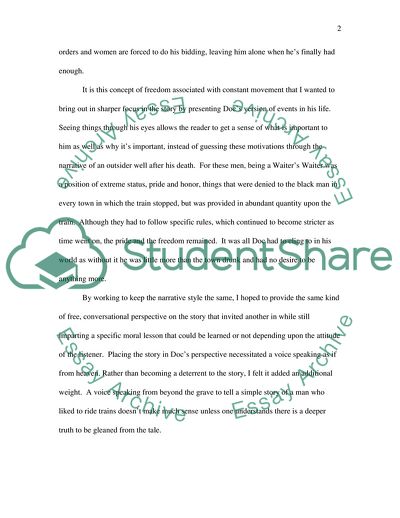Cite this document
(A Solo Song: For Doc Book Report/Review Example | Topics and Well Written Essays - 2750 words - 2, n.d.)
A Solo Song: For Doc Book Report/Review Example | Topics and Well Written Essays - 2750 words - 2. https://studentshare.org/literature/1704012-english
A Solo Song: For Doc Book Report/Review Example | Topics and Well Written Essays - 2750 words - 2. https://studentshare.org/literature/1704012-english
(A Solo Song: For Doc Book Report/Review Example | Topics and Well Written Essays - 2750 Words - 2)
A Solo Song: For Doc Book Report/Review Example | Topics and Well Written Essays - 2750 Words - 2. https://studentshare.org/literature/1704012-english.
A Solo Song: For Doc Book Report/Review Example | Topics and Well Written Essays - 2750 Words - 2. https://studentshare.org/literature/1704012-english.
“A Solo Song: For Doc Book Report/Review Example | Topics and Well Written Essays - 2750 Words - 2”. https://studentshare.org/literature/1704012-english.


